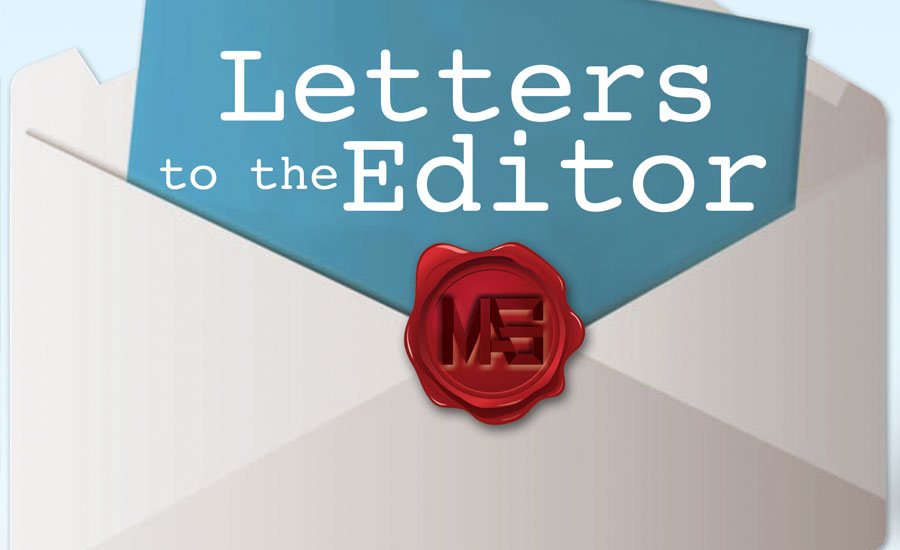Post Marks
- 20 Apr - 26 Apr, 2024

“Excellence is doing your best at what you do best.” – Cathleen Black
It was 73 years ago when the Mushroom Cloud arose in Hiroshima and Nagasaki and signaled the end of the World War II. It was, to this date, the most catastrophic use of weaponry and the only time history saw a nuclear bomb in action. Since then, the United Nations acts as the central organ preventing another war of this scale whereas the Non-Proliferation Treaty (NPT) serves as an agreement aiming to prevent anymore nuclear warfare, but does this mean we are completely safe? Perhaps if the NPT had been free of loopholes, we could have had a somewhat better sense of security. For example, five states (USA, Russia, France, China and the UK) still possess ample nuclear stockpiles. While the treaty presents these recognised Nuclear Weapon States (NWS) as aloof from several obligations, one of the core obligations in Article III of the treaty urging for “movement towards general and complete disarmament” is still applicable to them. Despite this, after reducing their stockpiles to certain extent, none of these states show intention to denuclearise further, and states like Russia and the USA still possess over 1000 warheads. Another fact is that the NPT is not completely universal, even amongst the members of the United Nations. Pakistan and India never signed the NPT whereas as North Korea withdrew from the treaty, as allowed in Article X. All three countries possess nuclear weapons. To make matters worse is the constant tension between Pakistan and India and the rogue nature of North Korea. We can also look at the matter of Israel, a state whose nuclear intentions have been hidden by powerful nations like the USA, thus leaving us in confusion. The truth is, even now we may be sitting at the brink of a nuclear war. We may be sitting a mere 10 seconds away from the loss of millions of lives and destructions of hundreds of cities.
Aly Rashid,
Karachi.
While scrolling through my newsfeed, I came across a news which read that the Ministry of Religious Affairs of Pakistan has informed Senate panel that the cost of Hajj may increase this year by over Rs100,000 rupees. This rise in Hajj pilgrimage package prices in making the ritual trip to Saudi Arabia’s holy cities of Mecca and Medina less affordable for the Muslim masses. This shows that Hajj has already become a ritual for the super rich. The poorer people are being priced out by the unfair and disproportionate price hike. The essence of Hajj lies in creating equality between all the people as each and every person, rich or poor, white or black, everyone is treated equally and everyone wears the same white cloth, eliminating the concept of inferiority and superiority. But the current trend is making equality a distant dream. Hajj has sadly become a materialistic ritual, a showground for the super rich to display their wealth and nobility.
Mahrukh Ali,
Islamabad.
Medication errors can have serious consequences for patients, and medication safety is essential to pharmaceutical care. The tragedy is that, in Pakistan who is available to give information about drugs to people? A layman, not even a matriculate in most of the cases, works as a pharmacist at a medical store. The current scenario of the healthcare system shows the main pillar that is the pharmacist is missing. As recognised globally, pharmacist is the only custodian of drug and in our homeland we do admit pharmacist as a pillar of healthcare system, but unfortunately we do not practice it. It is the need of the hour to promote the profession in pharmacy for the betterment of the healthcare sector in the country and aid ease the suffering of humanity and most importantly, to improve the quality of life.
Ayman Yousuf,
Lahore.

COMMENTS